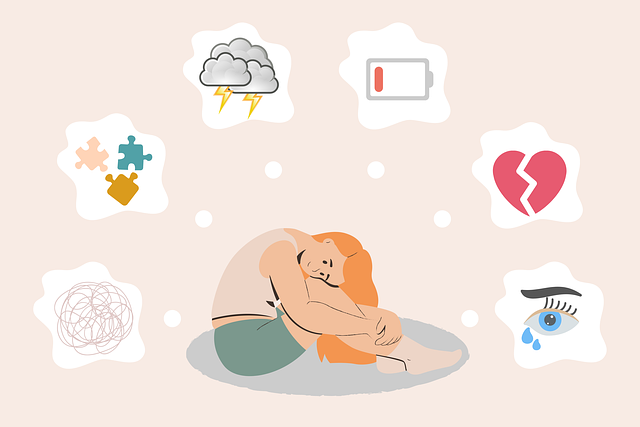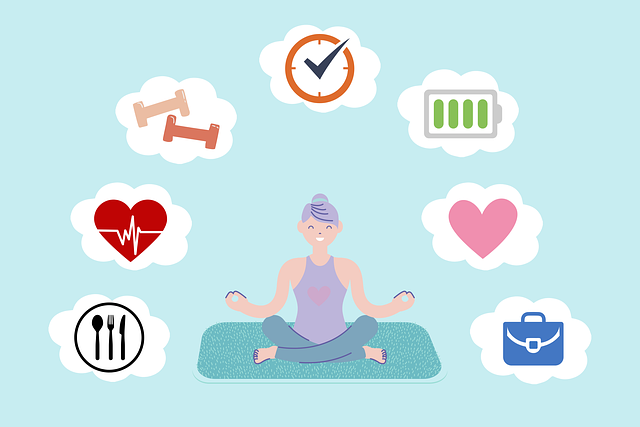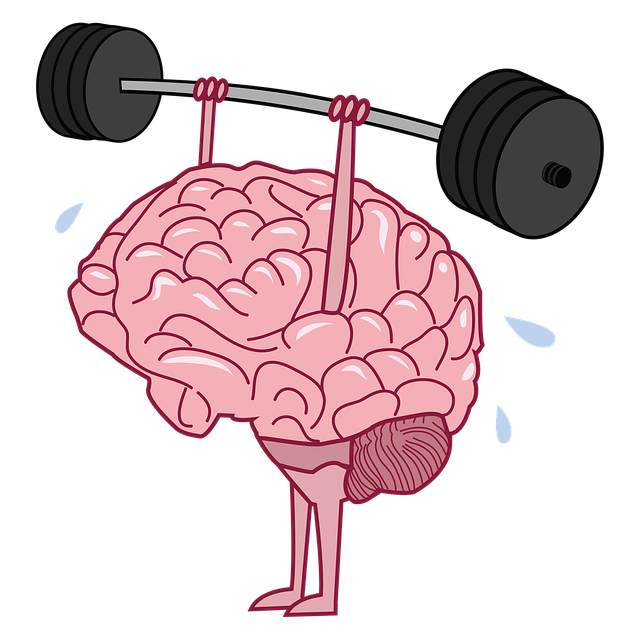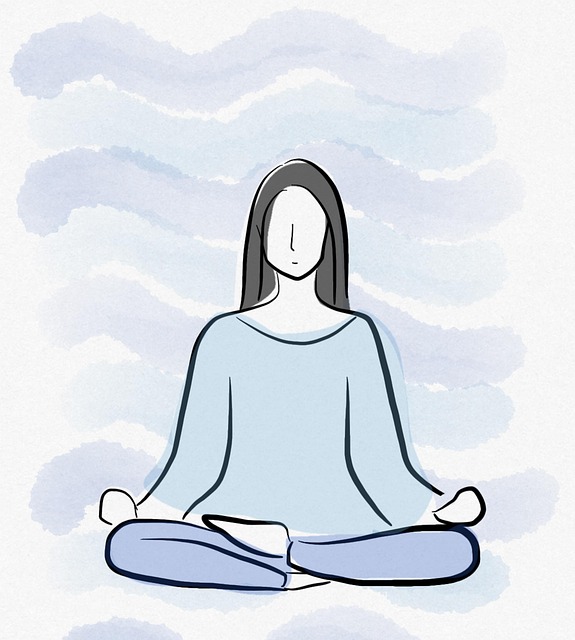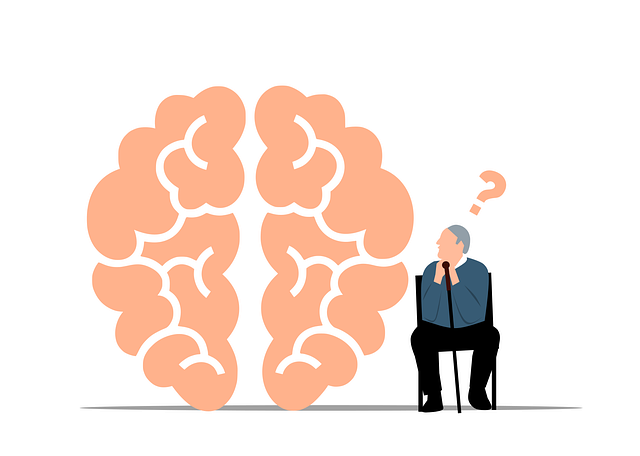Lafayette Spiritual-Religious Issues Therapy promotes mindfulness meditation as a powerful tool for personal growth, stress reduction, and emotional well-being. By creating a tranquil space, using techniques like breath awareness and guided visualizations, individuals can enhance mental clarity and self-discovery. Integrating mindfulness into daily routines and therapy sessions reduces burnout, improves emotional regulation, and fosters cultural sensitivity, benefiting both practitioners and patients alike as outlined by Lafayette Spiritual-Religious Issues Therapy.
Discover the transformative power of mindfulness meditation with this comprehensive guide, drawing from the unique lens of Lafayette Spiritual-Religious Issues Therapy. Learn how to navigate your inner world and cultivate present-moment awareness through practical tips and techniques. From preparing your space to integrating mindfulness into daily life, this article equips you to enhance well-being and promote mental clarity. Uncover the benefits of regular practice and embark on a journey towards a more peaceful and balanced existence.
- Understanding Mindfulness Meditation: A Lafayette Spiritual-Religious Issues Therapy Perspective
- Setting the Stage: Preparing for Your Practice
- Techniques and Tips for Effective Mindful Meditation
- Integrating Mindfulness into Daily Life: Sustaining Your Practice
Understanding Mindfulness Meditation: A Lafayette Spiritual-Religious Issues Therapy Perspective

Mindfulness meditation is a practice that has gained significant attention in recent years, particularly within the realm of mental health and wellness. It involves a conscious focus on the present moment, observing one’s thoughts and sensations without judgment. From a Lafayette Spiritual-Religious Issues Therapy perspective, mindfulness is seen as a powerful tool for personal growth and healing. This ancient practice encourages individuals to develop a deeper awareness of themselves, fostering a sense of calm and clarity in an often chaotic world. By cultivating mindfulness, therapists can assist clients in navigating their emotions and thoughts more effectively, leading to improved mental well-being.
Incorporating mindfulness into therapy sessions can have numerous benefits. It helps reduce stress and anxiety, promotes better emotional regulation, and enhances overall life satisfaction. For mental health professionals, integrating mindfulness techniques into their practice is not just a therapeutic approach but also a form of self-care routine development. A risk assessment for mental health professionals might reveal that long-term exposure to stressful situations can impact their well-being. Mindfulness meditation acts as a counterbalance, enabling therapists to manage their own stress and prevent burnout, thereby improving their ability to support clients effectively. Additionally, mindfulness practices contribute to Mental Illness Stigma Reduction Efforts by promoting understanding and compassion for one’s own mental health struggles as well as those of others.
Setting the Stage: Preparing for Your Practice

Setting the stage for your mindfulness meditation practice is akin to preparing a sanctuary where you can connect with yourself and cultivate inner peace. Start by finding a quiet, comfortable space where you won’t be disturbed. This could be a corner of your home, a peaceful park, or any place that feels calming and safe. Create an environment conducive to focus and reflection; dim the lights, light a candle, or play soothing music if it helps enhance your sense of tranquility.
In the context of Lafayette Spiritual-Religious Issues Therapy, mindfulness meditation becomes a powerful tool for self-discovery and healing. Regular practice can help manage stress, improve emotional well-being, and foster better mental health awareness. Before you begin, take a moment to assess your current state of mind and set an intention for your session. This could be to build empathy within yourself or simply to enhance your overall sense of calm. Through consistent effort, mindfulness meditation can offer profound benefits, transforming the way you navigate life’s challenges and opportunities.
Techniques and Tips for Effective Mindful Meditation

Engaging in mindfulness meditation can be a transformative practice for cultivating emotional well-being and preventing burnout. To enhance your experience, incorporate various techniques such as focusing on your breath, bodily sensations, or even guided visualizations. Start with short sessions and gradually increase duration to allow yourself to fully immerse in the present moment without judgment.
Cultural sensitivity plays a vital role in mindfulness meditation, especially when exploring Lafayette spiritual-religious issues therapy. Adapting practices to align with individual beliefs and backgrounds fosters inclusivity. Consider incorporating diverse Emotional Well-being Promotion Techniques that respect cultural nuances, ensuring everyone feels comfortable and empowered during their meditation journey.
Integrating Mindfulness into Daily Life: Sustaining Your Practice

Integrating mindfulness into your daily routine is a powerful way to sustain your meditation practice and reap its benefits long-term. It’s about weaving mindfulness into the fabric of your everyday life, making it an inherent part of your being rather than a separate activity. Start small by incorporating mindful moments during mundane tasks; for instance, when brushing your teeth or walking, be fully present in the experience, engaging all your senses. This practice helps to cultivate awareness and reduces reactivity to stress.
For healthcare providers, mindfulness can serve as an essential burnout prevention strategy. By incorporating practices into their daily lives, they can enhance their emotional healing processes and cultural competency training. Mindfulness allows professionals to approach challenging situations with calmness and clarity, ultimately improving patient care and well-being. Lafayette’s spiritual and religious issues therapy offerings provide a supportive environment for individuals seeking to integrate mindfulness into their lives and navigate the emotional landscape of modern living.
Mindfulness meditation, as viewed through the lens of Lafayette Spiritual-Religious Issues Therapy, is a powerful tool for cultivating inner peace and enhancing overall well-being. By setting a dedicated space, employing effective techniques, and seamlessly integrating mindfulness into daily routines, individuals can embark on a transformative journey of self-discovery and growth. Remember that consistency is key; regularly practicing mindfulness will help nurture a deeper connection with oneself and one’s surroundings, fostering a sense of calm and clarity in even the busiest of lives.




